Almost 5 billion people are currently active online.
Half of this thriving digital population is actively reading blog posts.
In 2020, we should expect these numbers to hold steady. It may even increase, given how many businesses have turned digital in light of COVID-19.
Keep in mind that high-quality blogs posts:
- Can boost your SERP ranking
- Establish your particular brand as an industry leader
- Connect your company to a global audience
- Create opportunities for going viral
- Strengthen your relationships with existing and new consumers
By analyzing blogging trends we get to know what has worked before. It’s not about just jumping on to what sounds good.
It’s about looking at what is working and finding new ways to adopt a better content strategy.
An effective content marketing strategy involves experimenting with developing blog writing trends.
Why risk trying a trend?
Consumer attention spans online are getting shorter. Their online habits are ever-changing. As a brand, you have to write blogs they like to read.
Imagine no ROI on well-thought-out content. That would be an unfortunate business outcome.
This is the age of the search engine and social media.
Digital consumers may not be talking about brands directly. But, they are searching for information every minute.
The potential for blogs as lead generators is encouraging.
In fact, B2B companies with active blogs have a 67% chance of gaining more leads.
Blogging is here to stay as:
- Consumers share articles they like with their friends
- People engage with posts that resonate by commenting, liking, or reacting
- Customers use social media reviews to research new brands
- People conduct comparisons on products or services before making final purchasing decisions
Excited about what blog writing trends 2020 has in store?
Tap into these 4 trends to elevate your blog content strategy for 2020.
Trend 1: The Word Count Keeps Rising
Our collective attention spans are lower today.
But a 2019 study by SearchMetrics shows that this doesn’t slow our quest for knowledge online.
A good quality blog post today has between 1,500 -1,692 words.
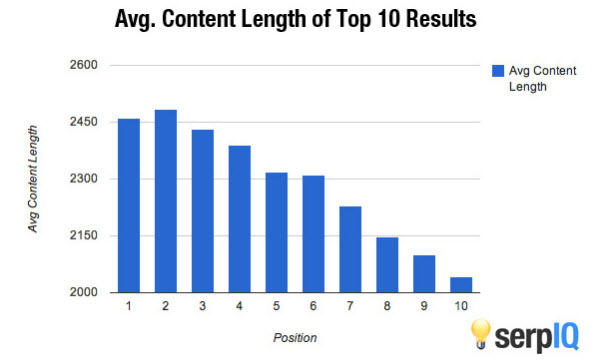
This data varies depending on the industry, but this is good news for e-commerce marketing.
To tap into this trend, you don’t need to write the longest blog posts online.
It’s all about writing articles that address a topic in a deep but easy to read format.
Your blog article should leave the reader informed. It should also impress them enough to respond to your brand’s call to action.
If your content is all fluff and depth, you risk incurring a high bounce rate. This means any chance of getting conversions from the content is completely nullified.
Consumers, who are also readers, are looking for unique and comprehensive content.
If your post has content that’s replicated from 10 other websites they are clicking off fast.
Think quality over wordiness. Your readers will reward you with their time as shown below:
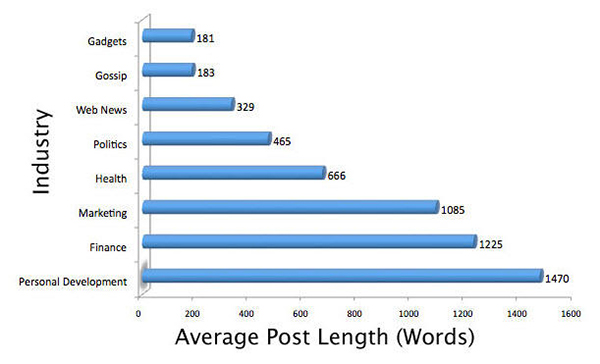
Long-form content exposes your brand to key benefits such as:
- Increased online visibility
- Frequent social sharing
- Improved link building
- Becoming a reliable website authority
Trend 2: Readers Want High Value, Original Content
The popularity of writing long-form content goes hand in hand with quality production.
Your ROI is not the end goal here; at least not yet.
No matter what business you are in, your primary focus should be educating, teaching, and helping your clients. This is the strongest foundation for inbound marketing.
Think about your target audience. How can you make your blog worthwhile to them?
What do they want? What do they need? What do they find valuable?
There’s an avalanche of information online today. This can be overwhelming for digital users. They need content that provides both perspective and knowledge.
72% of consumers online prefer video to text for receiving branded marketing content.
This means that your blog articles need to incorporate as many varied media as possible. Experiment with different media formats to find what your audience responds to including:
- Backlinks
- High-quality images
- Audio links
- Charts, graphs, and visual polls
These elements attract and keep readers interested much longer.
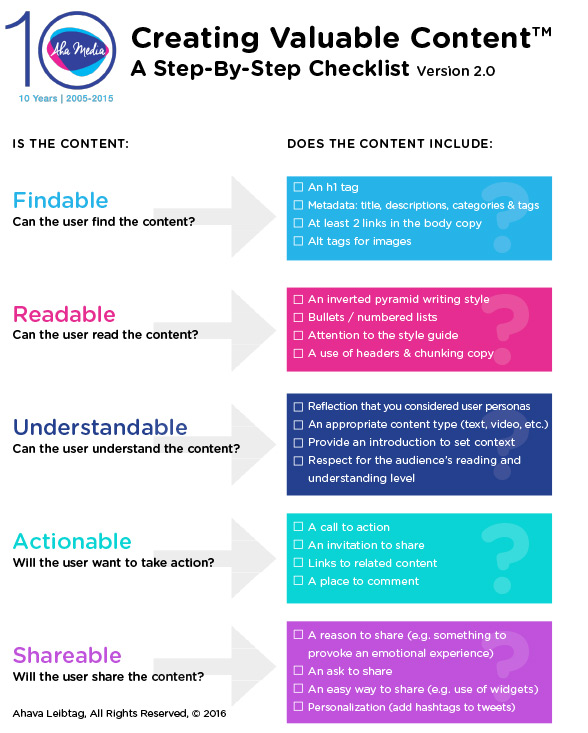
Creating high-value content takes time.
Invest in heavy-duty research. Punching out a quick 30-minute blog post will not result in an insightful, evergreen piece.
This survey shows that 56% of bloggers receive better results after spending over six hours crafting each post.
That kind of time investment pays off when your blogs begin to rank higher in search engines. This brings us to our next trend.
Trend 3: The Perks of SEO Optimization
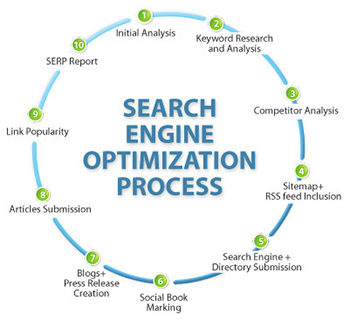
Successful bloggers have one open secret. They understand exactly how search engines operate.
Google is a good benchmark as the world’s biggest search engine. By understanding how Google works you get a grasp of how the rest work too.
Google upgrades its algorithm every year. They do that to provide better or more relevant results for each search query. Keep track of all these updates to stay ahead of the curve.
This HubSpot case study shows how using SEO best-practices can skyrocket your organic traffic.
Structure your content to match search engine expectations.
Otherwise, your content will get slim to no visibility.
Trend 4: Scannability is King
People rarely read content from start to finish.
In fact, 55% of them spend less than 15 active seconds on a given page.
There is a trick to getting high conversations organically. You need to master how to write scannable content.
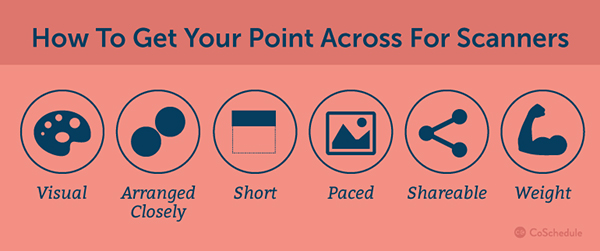
According to Dr. Jakob Nielsen scannable digital content boosts readability by up to 57%.
You can make your content more scannable using:
- High converting headlines
- Shorter paragraphs. Between 1-3 sentences in length
- Shorter sentences. No more than 16 words maximum
- Catchy subheadings to draw the eyes
- Images, links, bullets, and lists to provide depth and maintain intrigue
- The four-syllable rule: any word with more than four syllables is probably too wordy. Change it.
Create High-Value Content
By now you know that blogging is a powerful tool for both lead generation and brand visibility.
Prioritizing your blogging efforts can give your brand a positive ROI by as much as 13x.
Setting up a blog is the easy part. Digital marketing is an iterative process.
To run a successful blog, you need careful analysis. You also need a deep market understanding and a structured process.
If you are at a loss on where to begin, consider outsourcing.
With the right strategy and resources, you can rise above your competitors. Your brand can be a reliable source of daily information.
